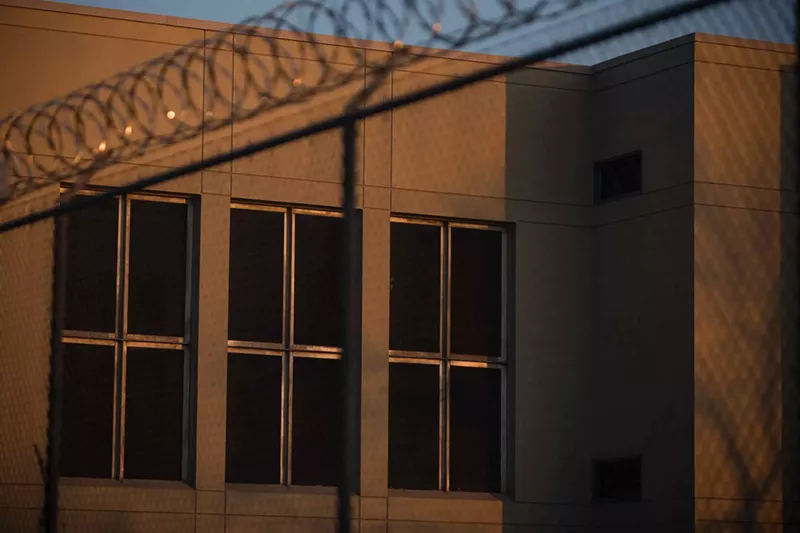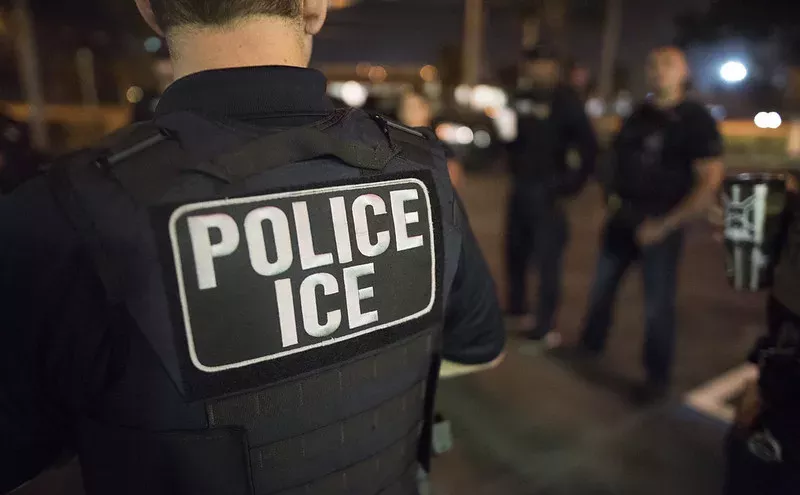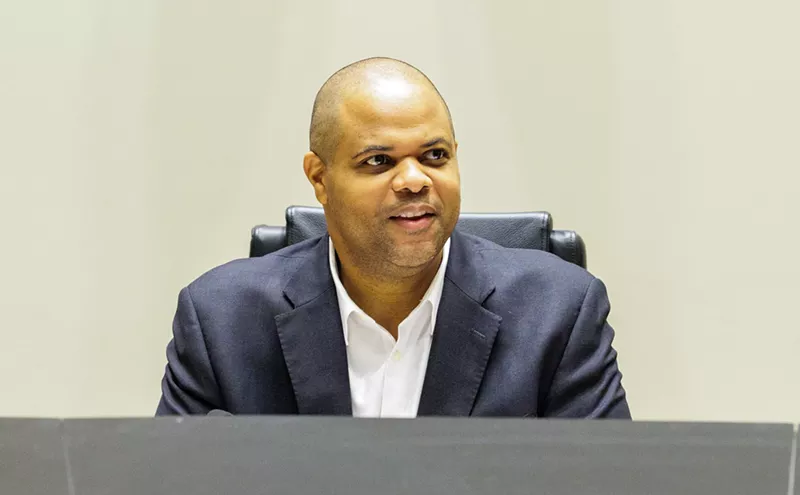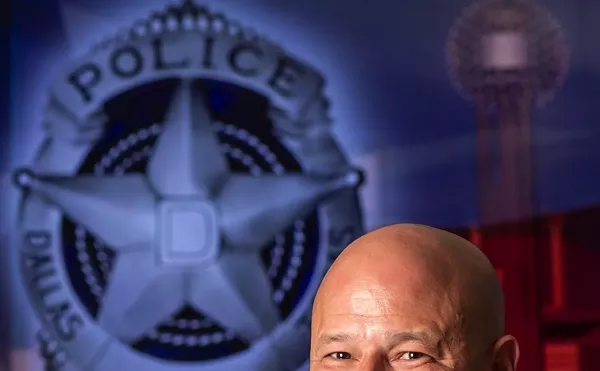Below is an op-ed Rev. Moore submitted to the Observer, with support from The Right Reverend Ronnie Elijah Brailsford, Sr., Rev. Dr. Frederick D. Haynes III, Rev. Dr. Michael W. Waters, Rev. Dr. Mike Greene, Rabbi Nancy Kasten, Rev. Virzola Law, Rev. Edwin Robinson, Dr. Kwesi R. Kamau, Rev. Dr. George A. Mason, Rev. Dr. Irie Lynne Session, Rev. Casey Shobe, Rev. Dr. Kamilah Hall Sharp, Rev. Dr. Phea Kennedy and Rev. Dr. Marcus D. King.
He was just 15 years old when he died in the custody of the Texas Department of Criminal Justice (TDCJ). Under the detention of the Texas Juvenile Justice Department (TJJD) since age 11, Joshua Keith Beasley, Jr. endured verbal and physical abuse, including the use of close-range pepper spray by officers who repeatedly failed to de-escalate situations. Poor staffing and lack of proper training contribute to a systemic atmosphere of punishment where the core value is reportedly rehabilitation.
In his four years with TJJD, Joshua accrued 1,000 pages of suicide risk assessment. Despite his mother’s pleas for mental health care for her son, the court decided “it was in his best interest” to transfer Joshua to the adult carceral system, where youth are at high risk for physical and sexual violence. When a child cannot safely remain in their home, our current system can compound their psychological harm, embedding them deeper and deeper into dangerous behavior and the carceral system.
This is unconscionable considering the 2021 TJJD report identified 65% of children in its facilities with severe mental health needs. It is an injustice to our children, their families and our community.
The systemic failures of the TJJD are well-documented. Findings from the 2024 U.S. Department of Justice (DOJ) investigation reported violations of our children’s basic rights and safety in Texas, with children being “exposed to conditions that cause serious and lasting physical, mental, and emotional harm.” In April 2025, the Office of Inspector General at the TJJD arrested and charged a correctional officer with two felony counts: Violation of Civil Rights of a Person in Custody/Improper Sexual Activity, and Indecency with a Child by Sexual Contact.
While many in the Legislature and juvenile justice leadership speak of hope and rehabilitation, we are called to test words against deeds. Faithful words without faithful action reflect a dead faith. Senate Bill 1727 is advancing in the 89th Texas Legislature. This bill threatens to hasten the transfer of youth into adult TDCJ settings and extend punishment rather than offer restoration. I am compelled to ask, is the rhetoric of rehabilitation sincere?
As a faith leader and former nurse, I am motivated by both faith and science. Science is clear that the areas of the brain responsible for judgment and decision-making are not fully formed until the early 20s. Impulsivity is common among teens under the best of circumstances. Furthermore, children are not responsible for the environment in which they live and can be at greater risk for seeking belonging that leads to criminal results. Our laws should account for the vast difference between the capacity of adults and children to make good decisions.
SB 1727 ignores the core mission of the justice system for rehabilitation. It also neglects the crisis identified by the 2024 DOJ investigation concerning deep systemic failures, including insufficient staffing, poor oversight, and a lack of trauma-informed care. This bill would further victimize children who have likely already experienced trauma.
An active faith does not allow us to turn our backs or stand by idly. It calls us to the frontlines. The prophet Micah reminds us of what God requires: to act justly, love mercy, and walk humbly with your God. True justice must be dynamic and breathing – alive in the policies we create and the systems we uphold, especially for the most vulnerable among us, our children.
The Biblical text clearly identifies the sacredness of children. When disciples attempted to turn children away from receiving a blessing, Jesus admonished the disciples, saying, “Do not stop them. Let the little children come to me; for it is to such as these that the kingdom of God belongs.” He continues, “occasions for stumbling are bound to come, but woe to the one by whom the stumbling-block comes.”
At this critical juncture in the legislature, we have the option of being a stumbling block or a blessing. This moment, when we have an opportunity to respond to the outcries of investigations and reports, calls for urgent action. We must hold our state accountable to ensure appropriate consequences for children. Our kids deserve the blessing of an opportunity to grow into healthy adults.
Call to choose a better way
Rather than compounding trauma with punishment, House Bill 31 aligns with the values of compassion, justice, and the faithful belief in redemption. HB 31 pursues a vision of justice that our kids and our communities deserve. And, HB 31 supports an evidence-based approach to address the causes of juvenile delinquency and provide a path for young people to reintegrate in a healthy manner into the community. HB 31 seeks to:- Reduce the number of youth eligible for commitment to TJJD facilities, referring them to strong community-based resources where healing can truly begin.
- Ensure that those who are in TJJD facilities are treated with dignity and respect, creating a safer environment for kids and staff alike.
- Strengthening robust county-based programs, allowing for real rehabilitation supported by local communities of care.
Children are our most sacred trust for the future. Now is the time to act swiftly and with conviction. Support HB 31 for the sake of our children and the future of Texas.













